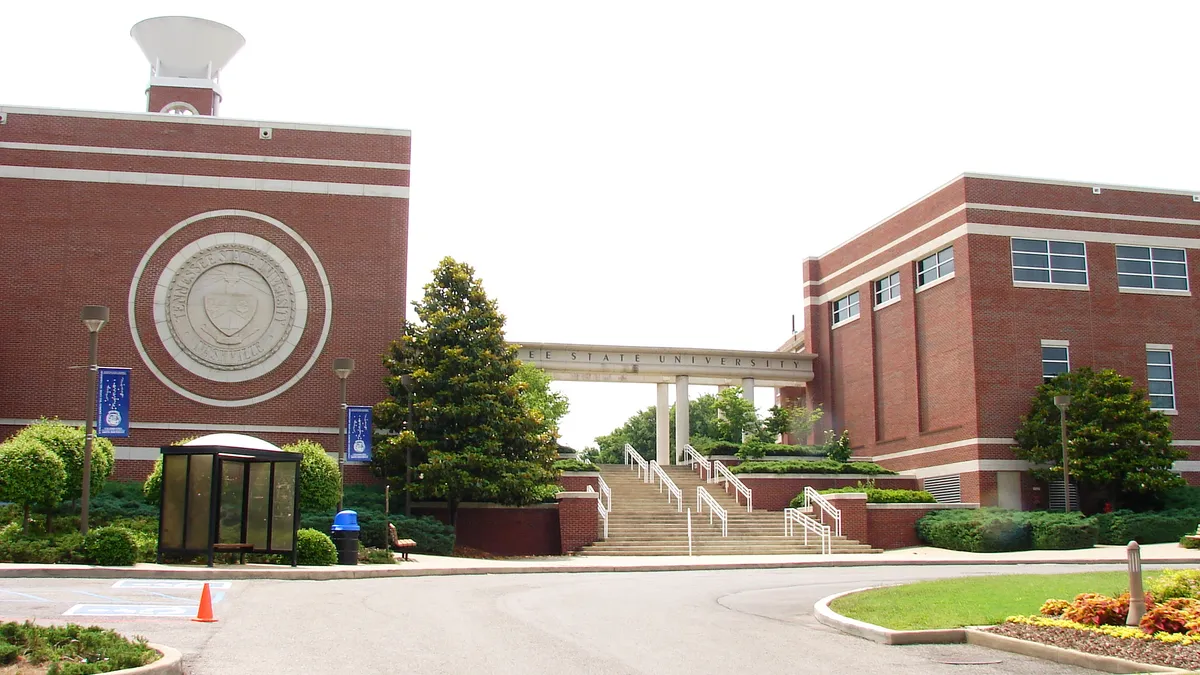Dive Brief:
- The Institute of International Education released a new study this week that draws a link between international education experience and building the types of 21st century workforce skills in students that employers most value, according to a press release from the Institute. These skills include curiosity, flexibility & adaptability, confidence, self-awareness and communication, among others.
- In its national survey of over 4,500 alumni from U.S. higher education institutions who studied abroad between 1999 and 2017, 68% of those who studied abroad for an extended period of time reported that studying abroad contributed to a job offer or promotion, compared with just 43% who went abroad for less than 8 weeks. And more than the survey respondents said they believed their jobs contributed to a job offer at some point.
- STEM majors also reported they valued the skills outside their major they were able to gain while abroad. Among science majors who went abroad for programs which weren't specific to their discipline, 47% said educational experiences abroad helped them get a job, while that statistic is only 28% for those who went for a science focused program — suggesting that holistic skills are valued by employers.
Dive Insight:
Employers value transferable skills in the workforce, more than strictly technical ones. In fact, ACT's 2016 National Curriculum Survey showed among employer responses that the most valued skills were things like “acting honestly,” by treating others fairly, “sustaining effort,” and “keeping an open mind," intermixed with other skills like complex problem solving, critical thinking, and creativity. With the global workforce already losing around 7 million jobs over the next five decades to automation, according to a recent study, it's important that students graduate from higher education institutions not being automatons themselves.
IIE's study drawing the link between study abroad experiences — which build students' abilities to work with others, meet new people, and think outside the box — and improved employability only highlights the importance of higher education leaders emphasizing learning in an academic sense, but also building of the actual student on a more personal level. In particular, findings on how study abroad helped outside technical science majors get a job moreso than a more focused program also shows the significance of a blended liberal arts, interdisciplinary education — as well as the important connection between the humanities and science. As institutions must prove their ROI to students to maintain their business models, campus administrators ought to consider building study abroad opportunities as a valuable strategy for increasing students' ability to enter the workforce successfully.










